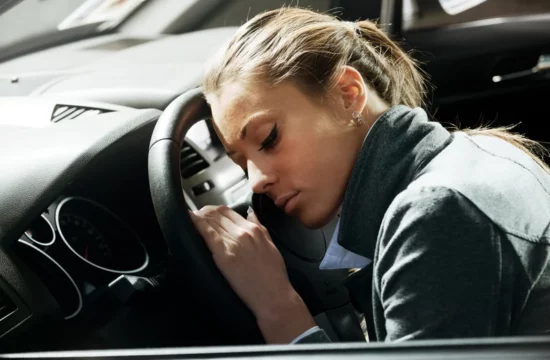In the vast expanse of Texas, where urban centers and rural landscapes intertwine, individuals facing housing insecurity often turn to unconventional living arrangements. One such arrangement is car sleeping, where people seek refuge in their vehicles for shelter. However, the legality of this practice is not always clear-cut. In this article, we’ll explore the legal landscape surrounding car sleeping in Texas, examining relevant laws, rights, and challenges faced by those who rely on this housing option.
Table of Contents
ToggleUnderstanding the Legal Framework:
Unlike some states, Texas does not have specific laws addressing the right to sleep in one’s car. However, certain legal principles and court rulings provide guidance on the matter. The Fourth Amendment of the United States Constitution protects individuals from unreasonable searches and seizures, including within the confines of their vehicles. Additionally, court decisions, such as the Ninth Circuit’s ruling in Desertrain v. City of Los Angeles, have recognized sleeping as a basic human need and affirmed the constitutional protections of individuals who sleep in their vehicles.
Local Ordinances and Enforcement Practices:
While there may not be statewide regulations governing car sleeping, local ordinances and enforcement practices vary across different municipalities in Texas. Some cities have ordinances that prohibit overnight parking in certain areas, while others may have restrictions on living in vehicles, particularly in residential neighborhoods or commercial districts. Violating these ordinances can result in fines, citations, or even vehicle impoundment.
Enforcement of these ordinances also varies, with some municipalities taking a more proactive approach to patrol and enforce parking regulations, while others may adopt a more lenient stance, especially in areas where homelessness is prevalent. However, enforcement actions can contribute to the displacement of individuals who rely on car sleeping as a housing option, exacerbating the challenges they face.
Car Sleeping in California: The Law and Everything You Need to Know
Challenges and Vulnerabilities:
Car sleeping presents numerous challenges and vulnerabilities for individuals experiencing homelessness or housing insecurity in Texas. Access to basic necessities such as food, water, hygiene facilities, and healthcare services may be limited for those living in their vehicles, especially in rural areas with sparse resources. Furthermore, the lack of stable housing can hinder individuals’ ability to secure employment, access education, or maintain social connections, perpetuating the cycle of homelessness.
Moreover, the stigma associated with homelessness can lead to discrimination and social exclusion, further marginalizing individuals who rely on car sleeping as a survival strategy. This stigma can also influence public perceptions and policies, making it difficult to implement effective solutions to address homelessness and housing insecurity.
Car Sleeping in Vermont: The Law and Everything You Need to Know
Support Initiatives and Resources:
Despite the challenges, there are organizations and initiatives in Texas dedicated to supporting individuals who engage in car sleeping. Nonprofit organizations, shelters, and advocacy groups offer various services, including outreach programs, case management, access to social services, and legal assistance. Some communities have implemented safe parking programs, providing designated parking spaces where individuals can park their vehicles overnight safely.
Additionally, collaborative efforts between government agencies, nonprofit organizations, and community stakeholders are essential to addressing the root causes of homelessness and housing insecurity in Texas. These efforts may include expanding affordable housing options, increasing access to mental health and substance abuse treatment, and providing employment and educational opportunities.
Car Sleeping in Alaska: The Law and Everything You Need to Know
Conclusion:
The legality of car sleeping in Texas is influenced by a combination of legal principles, local ordinances, and enforcement practices. While individuals have certain constitutional protections, navigating the complex landscape of parking regulations and enforcement can pose challenges for those who rely on car sleeping as a housing option. However, with continued advocacy, support initiatives, and collaborative efforts, we can work towards creating a more equitable and compassionate approach to addressing homelessness and housing insecurity in Texas.











